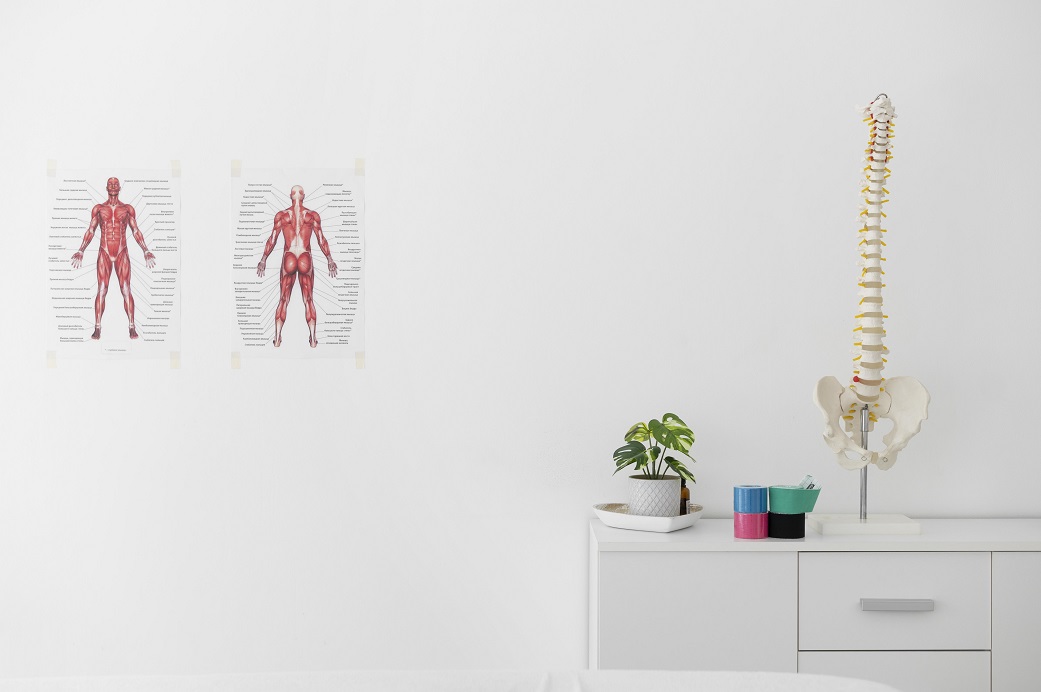A spinal cord injury can drastically change the way you live. But did you know that with the right strategies, many people manage to lead full and satisfying lives? In this article we will tell you how to adapt to this new stage, improve your quality of life and maintain your independence.
A spinal cord injury occurs when the spinal cord is damaged, which can affect signals between the brain and body. Depending on the severity and location of the injury, you may experience loss of mobility, sensation, and bodily functions. While these changes are significant, they do not mean the end of an active or happy life.
The important thing is to understand your body, your needs and the tools available to overcome daily challenges.
Adaptation: the first step towards a new normal
1. Understand your capabilities and limits
Every spinal cord injury is unique. Knowing your abilities will help you identify which activities you can safely perform and which require adjustments. For example:
- If you have an incomplete injury, you may still have some mobility. It is essential to work with specialized physical therapists to optimize your abilities.
- If your injury is complete, you will learn new ways to perform basic activities using specific tools and techniques.
2. Adjust your environment
Making your home and spaces accessible is key to maintaining your independence. Here are some practical tips:
- Ramps and handrails: These are essential for moving around in a wheelchair or with mobility aids.
- Adaptive kitchens: Installing lower work surfaces and accessible appliances can make your daily tasks easier.
- Accessible Bathrooms: Adding grab bars, walk-in showers, and shower chairs can improve your comfort and safety.
Mobility: Never stop moving
Staying active is crucial for your physical and mental health. Although spinal cord injury may limit certain movements, there are ways to keep your body fit and improve your mobility.
1. Regular exercises
Exercise helps prevent muscle atrophy, improves circulation, and strengthens areas of the body that you can use. Here are some recommended exercises:
- Stretching exercises: Reduce muscle stiffness and improve flexibility.
- Strength training: Using light weights or resistance bands can strengthen working muscles.
- Aquatic therapies: Floating in water facilitates movement without putting pressure on the joints.
2. Assistive technology
Today, there are devices such as electric wheelchairs, exoskeletons, and handcycles that can help you get around more easily and enjoy outdoor activities.
Emotional well-being: your inner strength
Living with a spinal cord injury can bring up intense emotions, such as frustration, sadness or anxiety. It’s completely normal to feel this way, but there are ways to take care of your mental health:
1. Seek emotional support
Talking to people who understand your situation, such as therapists or support groups, can be very helpful. Sharing experiences with others facing similar challenges will help you feel less alone.
2. Set realistic goals
Setting small, achievable goals can give you a sense of purpose and motivation. For example, learning to use a wheelchair or cooking a meal without help can be a big accomplishment.
3. Practice mindfulness
Techniques such as meditation, deep breathing or adapted yoga can help you reduce stress and improve your overall well-being.
Maintain your independence
Independence is a fundamental aspect of quality of life. Here are some practical tips to maintain it:
1. Develop new skills
Learning to perform everyday tasks in new ways can boost your confidence. From getting dressed to using public transport, every little achievement counts.
2. Take advantage of technology
There are applications and devices designed specifically for people with reduced mobility. For example:
- Voice control systems to manage lights, appliances and other devices at home.
- Accessible navigation apps that show you wheelchair-friendly routes.
3. Participate in social activities
Staying connected with friends, family, and communities can boost your mood and reduce isolation. Find activities you enjoy and tailor your participation to your needs.
Nutrition and personal care: pillars for your well-being
Eating a balanced diet and maintaining a self-care routine are also essential to feeling well physically and emotionally.
1. Eat healthy
People with spinal cord injuries are more prone to problems such as weight gain or urinary tract infections. To prevent them:
- Eat foods rich in fiber to improve digestion.
- Drink enough water to avoid infections and dehydration.
- Prioritize fruits, vegetables, lean proteins and healthy fats.
2. Take care of your skin
Pressure ulcers are a common risk for people with reduced mobility. To avoid them:
- Change positions regularly.
- Use specialized cushions and mattresses.
- Keep your skin clean and hydrated.
Living with a spinal cord injury doesn’t mean you stop dreaming or growing. Take advantage of this stage to discover new interests, explore your limits and learn new things.
At RehabOT , we are here to help you find the balance between adapting to changes and continuing to move forward towards a fulfilling life. If you have questions or need support, please do not hesitate to contact us.
Remember: every step counts, no matter how small. What first step will you take today?
Leave us your data to start your treatment







